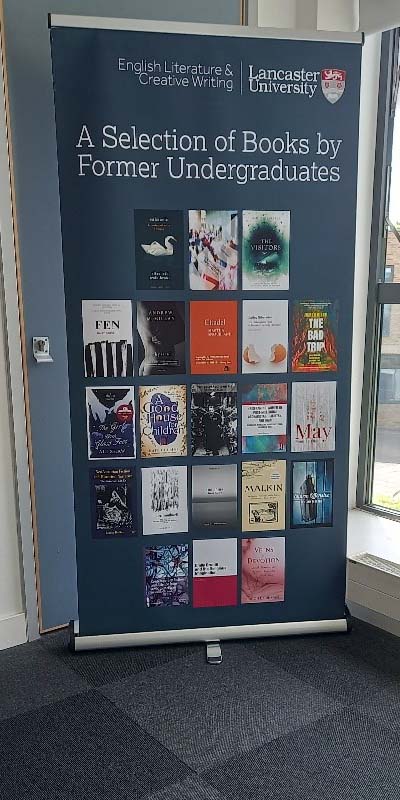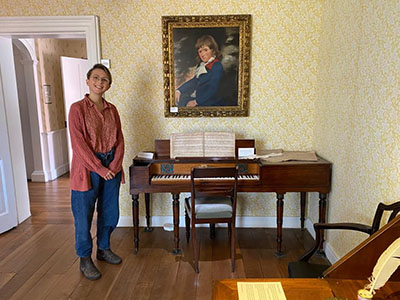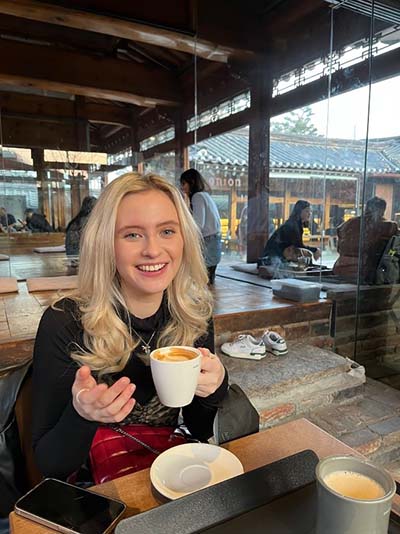
Alternative Student Futures
A degree in literary studies can, though, lead to other, less obvious futures – for example:

Psychotherapy
“After my literature degree I trained to become a counsellor. Although I trained alongside people who had completed psychology degrees I didn't feel behind in any way. My dissertation, as it happens, was on Pat Barker's Generation trilogy, which opens with the psychiatric treatment of WW1 shell-shocked soldiers, including the poets Siegfried Sassoon and Wilfred Owen.’” --Alexander Clay (Cambridge), Accredited NHS Counsellor

Emerging Markets Consultancy
“My degree in English Literature, specialising in medieval literature, gave me the intellectual confidence to go into, first, publishing and then financial journalism with the Financial Times, and ultimately into consultancy work with developing countries seeking to make use of the internet within industry.” --Martin Mulligan (Lancaster).

Finance
“After studying English, I qualified as a Chartered Accountant. At the time, employers in the fields of accountancy and business were keen to have graduates with skills across the spectrum, not just numeracy. It seems to me that this is at least as important today. My degree in English Studies has certainly benefitted me in being comfortable to absorb written information quickly but also to enjoy writing reports, often something that non-arts graduates find more difficult. I have enjoyed this blend throughout my career - all numbers tell a story” --Sarah Randall-Paley (Nottingham), Director of Finance, Lancaster University.

Chartered Surveying
“After graduating with a joint honours BA in English Literature and History, I completed a summer placement with a Chartered Surveyors and Property Consultants company which resulted in me being offered a Graduate Training Surveyor role, working towards chartership. The company was keen to move away from their usual candidates (graduates with RICS accredited degrees), finding that arts students were more well-rounded individuals. I found my communication abilities - with an emphasis on interpersonal skills and being able to read a room - extremely beneficial in much of the day to day tasks of a surveyor.” Molly Fowles (Lancaster)

Banking
I feel very privileged to have been allowed to spend three years immersed in the most wonderful literature and then move on to use many of the skills I gained in a very different field. In my work as an asset manager I still spend my days engaged in close reading, thinking critically about narratives and seeking other perspectives, as well as writing pieces and essays to communicate insights and ideas with our investors. I firmly believe my background in studying English has been helpful in my career so far, and it’s no accident that the investment team at work contains plenty of arts and humanities graduates. Madeline Wright (Oxford), Asset Manager at Lindsell Train Investment.
Support
Led by our own Careers Tutor, we are always seeking to support our students as they move toward many kinds of careers. For example, we offer several in-course opportunities to explore the relationship between literature and the worlds of work; we offer a series of literature-specific careers workshops drawing on alumni; we have an annual study day in the Wordsworth Museum in The Lakes focussing on curatorial and archival work; and offer work placement opportunities in schools or the cultural and heritage industries.




